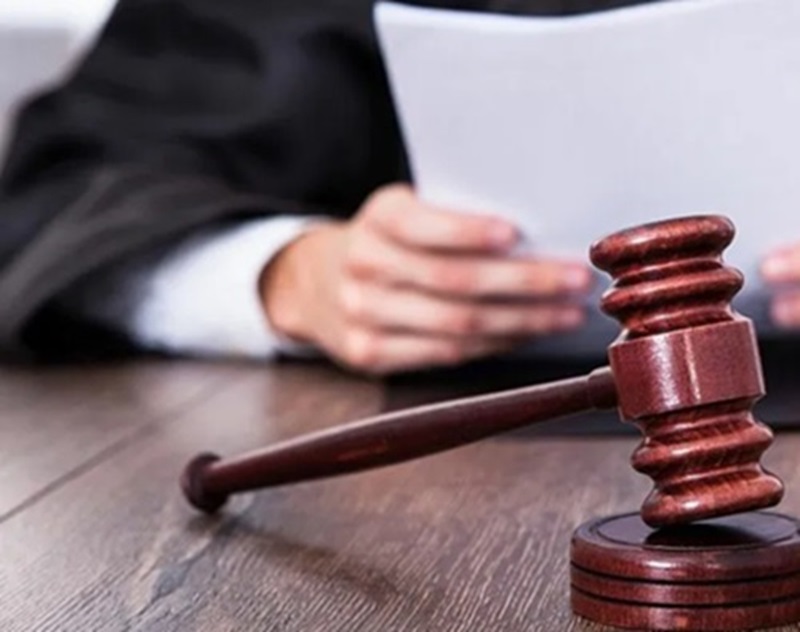UCMJ Mutiny: Understanding The Seriousness Of Mutiny In The U.S. Military
Mutiny is one of the most severe offenses under the Uniform Code of Military Justice (UCMJ). Governed by Article 94, UCMJ mutiny refers to acts that undermine the chain of command, disrupt military operations, or threaten the authority of commanding officers. The military justice system treats mutiny with utmost seriousness, as it poses a direct threat to discipline, order, and mission success.
In this blog, we will explore what constitutes UCMJ mutiny, its legal implications, and how service members can avoid actions that may be perceived as mutinous.
What Is UCMJ Mutiny?
UCMJ mutiny is defined under Article 94 of the UCMJ. According to the statute, mutiny occurs when:
- Two or more service members conspire to overthrow, oppose, or resist lawful military authority by force, violence, or threat.
- A member refuses to obey lawful orders or perform duty with intent to usurp or override lawful military authority.
- A service member creates or joins a disturbance to refuse duty or resist authority, either alone or in concert with others.
Simply put, mutiny can involve planning or participating in actions that disrupt military discipline and chain of command. Even encouraging others to disobey orders or fail to perform assigned duties may fall under the definition of mutiny.
The Serious Consequences of UCMJ Mutiny
Because UCMJ mutiny endangers military structure and national security, it carries extremely harsh penalties. If convicted of mutiny during wartime, a service member may face:

- Death penalty (if the offense is deemed to have endangered mission success).
- Life imprisonment (for less severe cases).
- Dishonorable discharge, forfeiture of pay, and reduction in rank.
In peacetime, although the death penalty is less likely, long-term imprisonment and career-ending consequences still apply. The severity of punishment depends on the intent, scope of participation, and impact on the military unit or operation.
Difference Between Mutiny and Sedition Under UCMJ
While UCMJ mutiny and sedition are both serious offenses, they differ in intent and action. Sedition under the UCMJ involves promoting insubordination or resistance to lawful authority but does not necessarily include violent or forceful acts. Mutiny, on the other hand, typically involves active resistance, disobedience, or collusion against superior officers.
Both are prosecuted under Article 94, and both carry substantial penalties. Understanding the fine line between speaking out and committing sedition or mutiny is crucial for service members.
How to Avoid Charges of UCMJ Mutiny
- Follow Lawful Orders: Always comply with orders unless they are clearly unlawful (e.g., orders that violate constitutional rights or international law).
- Report Grievances Properly: Use the chain of command or Inspector General’s office to address concerns rather than rallying others to resist authority.
- Avoid Conspiratorial Language: Discussions that suggest overthrowing leadership or resisting duty—even as a joke—can be misconstrued as intent.
- Seek Legal Guidance: If you feel an order is unlawful or unjust, consult a military attorney before taking any action.
Final Thoughts
The charge of UCMJ mutiny underscores the military’s commitment to discipline, structure, and authority. Service members operate in high-stakes environments where obedience and trust in leadership are essential. Any action that threatens that structure—whether intentional or perceived—can lead to severe consequences.
If you or someone you know is facing allegations under UCMJ mutiny, it is critical to seek legal counsel immediately. A military defense attorney can evaluate the case, explain your rights, and help you navigate the complex legal process.